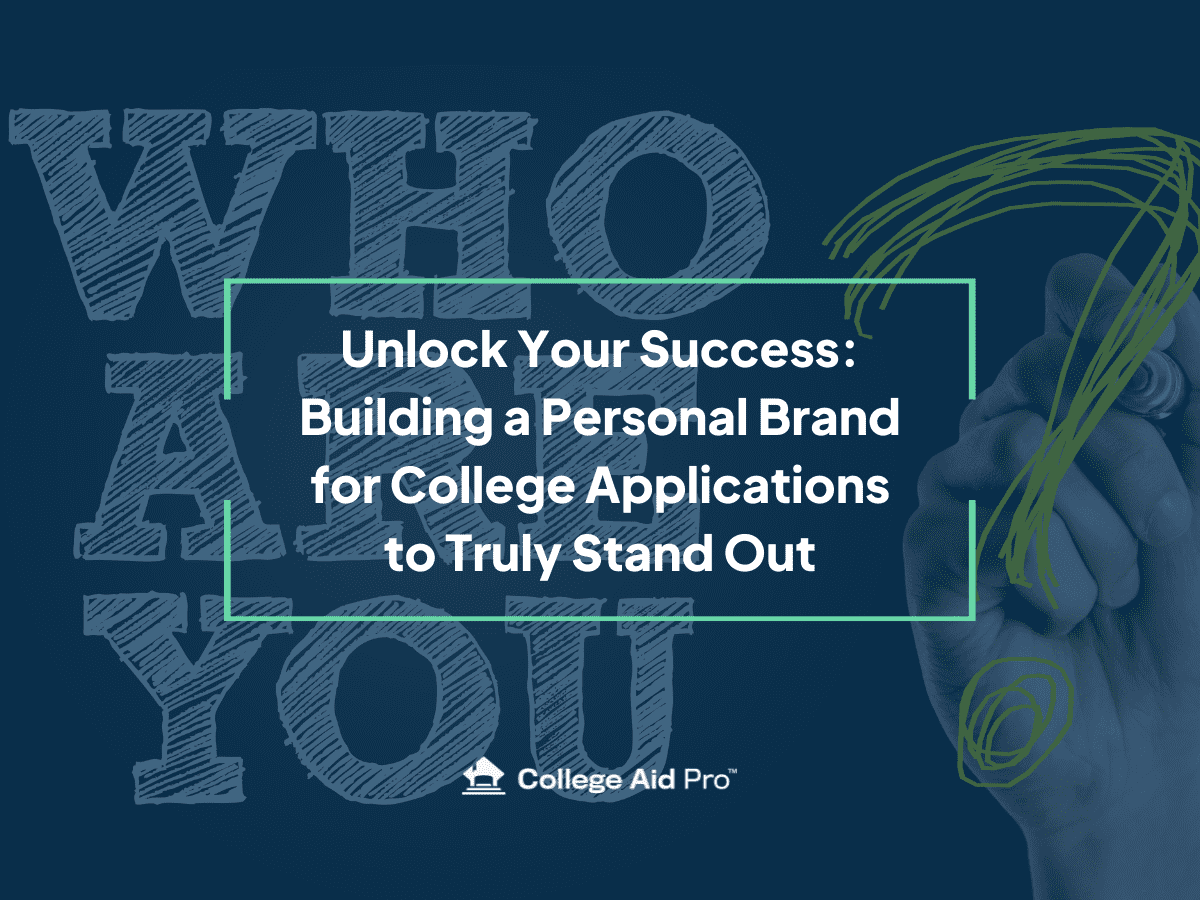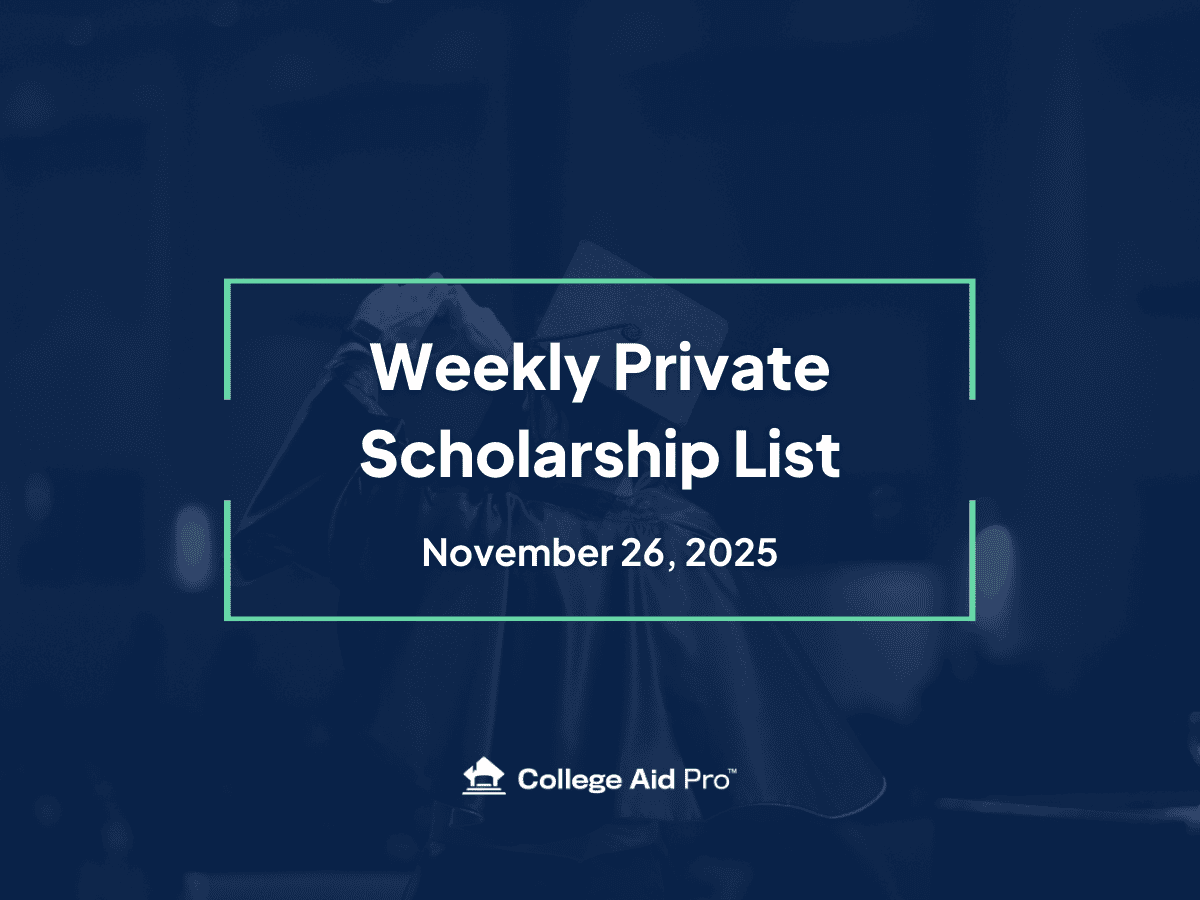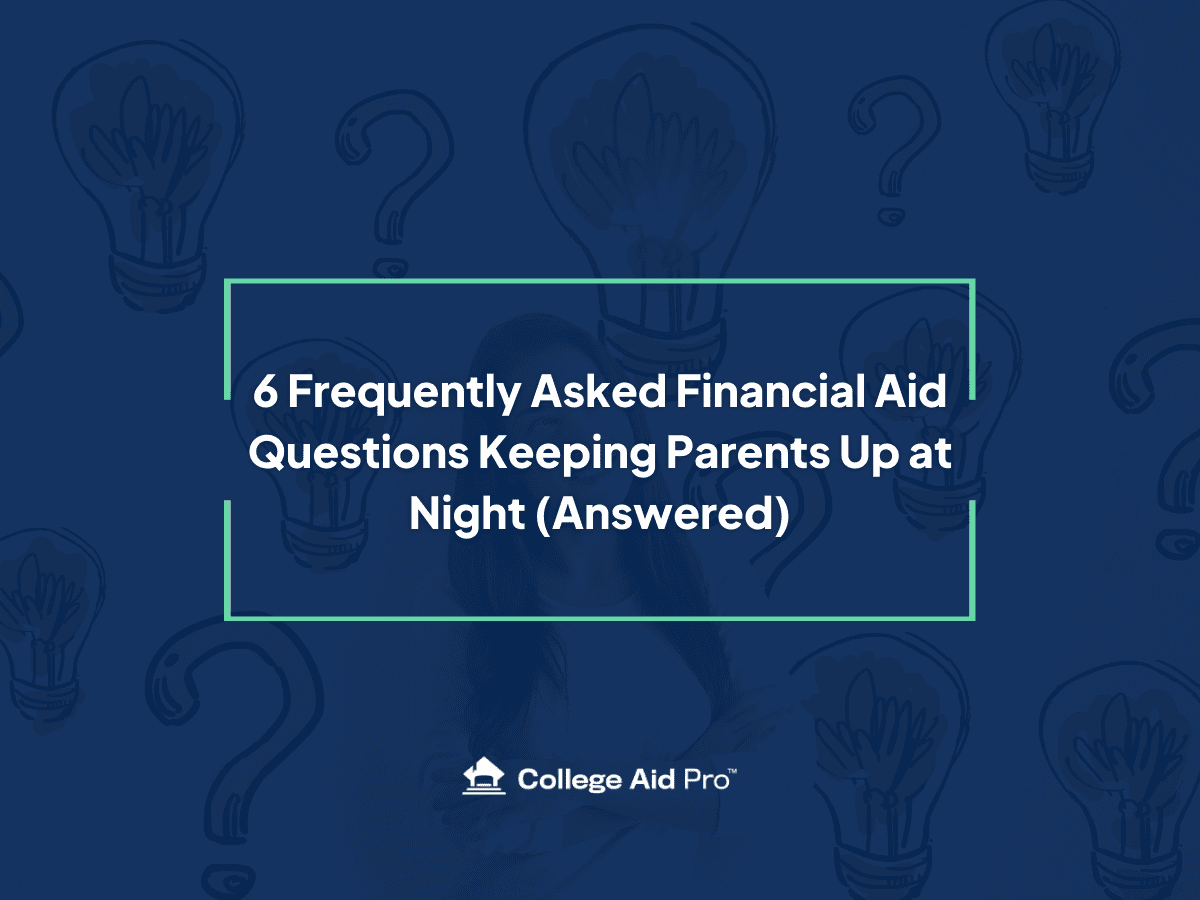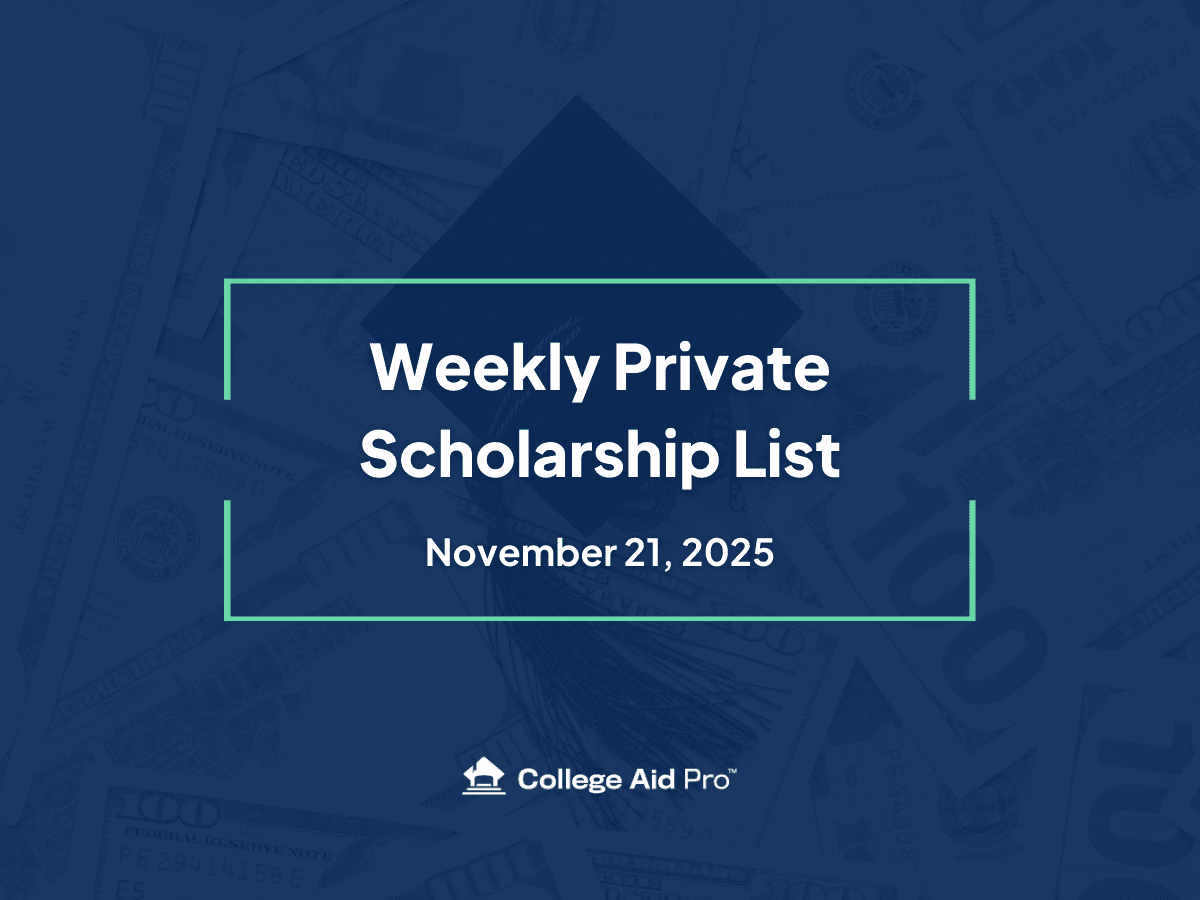Your Personal Brand Matters
Attention high school students and parents!
I want you to understand that your college application begins in the 9th grade. As you stand on the brink of critical decisions that will shape your future, it is vital to understand the essence of your genuine, authentic self. Since higher education is a trillion-dollar industry and colleges hire professional consultants to recruit you (and try to figure out how to get the most amount of money out of you), I want you to understand this is big business. So let’s put this in business terms – your genuine, authentic self is your personal brand.
This guide will explain the importance of discovering and cultivating your personal brand, rooted in your unique aptitudes and personality. By leveraging this understanding, you can significantly enhance your college applications, making them more compelling and distinctive, thus increasing your chances of winning that coveted acceptance letter.
What is a Personal Brand?
Personal Brand is a concept that encompasses your unique characteristics, strengths, and qualities that define who you are. It is a reflection of your authentic self, grounded in your innate aptitudes and personality traits. Unlike interests, which can fluctuate from one year to the next, your personal brand remains consistent, offering a reliable foundation for your academic and career endeavors.
The Role of Aptitudes and Personality
Aptitudes are your natural abilities and talents. These are the cognitive and practical skills that you are inherently good at, such as analytical thinking, problem-solving, spatial visualization, as well as how you learn best. The Johnson O’Connor Research Foundation has extensively studied these inherent traits, demonstrating their importance in determining career success and satisfaction.
Personality encompasses your characteristic patterns of thoughts, feelings, and behaviors. It includes aspects such as motivation, values, conscientiousness, and emotional stability. This goes beyond a basic Myers Briggs assessment. You want to look into the Big Five trait model of personality as well as the Holland Code.
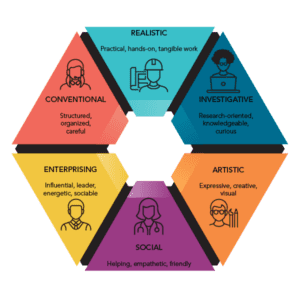
Having a deeper understanding of both your aptitudes and personality (and how they integrate together) is how you form a comprehensive picture of who you are.
Why Interests/Passions are Less Reliable
Interests, also known as passions, can change frequently throughout life due to new experiences, evolving preferences, and external influences. Basing major life decisions solely on interests can lead to dissatisfaction and a lack of fulfillment. Instead, focusing on your enduring aptitudes and personality ensures that you choose paths aligned with your core strengths and nature.
Building Your Personal Brand

1. Identify Your Aptitudes and Personality:
- Take a reliable advanced aptitude assessment. Nowadays you have three choices when it comes to undergoing an advanced aptitudes assessment: Johnson O’Connor, AIMS, or Highlands Battery.
- Complete personality tests like the Big Five Personality Traits and Holland Code.
2. Reflect on Your Strengths:
- Work with a certified counselor to analyze the results of your assessments.
- Identify patterns and key strengths that emerge from your aptitudes and personality traits.
3. Develop Your Narrative:
- Craft a personal story that integrates your strengths, experiences, and aspirations.
- Highlight how your unique qualities have shaped your academic and extracurricular achievements.
4. Create a Personal Brand Statement:
- Summarize your unique value proposition in a concise statement.
- Ensure it reflects your authentic self and resonates with your long-term goals.
Applying Your Personal Brand to College Applications 1. Personal Statement and Essays:
1. Personal Statement and Essays:
- Use your personal brand to guide the content of your essays.
- Showcase your unique strengths and how they have prepared you for success in your chosen field.
- Provide specific examples that illustrate your aptitudes and personality in action.
2. Extracurricular Activities:
- Select activities that align with your aptitudes and enhance your personal brand. Oftentimes this is called fit-to-major extracurricular activities. Note these are not “passion projects”. This is meant to be more genuine and authentic.
- You don’t have to be a leader. It’s more important to demonstrate commitment, initiative, and impact in these activities.
3. Letters of Recommendation:
- Choose recommenders who can attest to your unique strengths and personal qualities.
- Ensure their letters reinforce the narrative of your personal brand.
4. Interviews:
- Prepare to discuss your personal brand confidently.
- Highlight how your aptitudes and personality make you a perfect fit for the college and its programs.
The Impact on College Admissions
Admissions committees look for students who stand out and show potential for long-term success. A well-defined personal brand:
- Differentiates You: Sets you apart from other applicants with similar academic achievements.
- Shows Self-Awareness: Demonstrates that you understand your strengths and how to leverage them.
- Indicates Long-Term Success: Suggests that you have the foundation to thrive in college and beyond.
Understanding and articulating your personal brand is crucial for creating a standout college application. By focusing on your aptitudes and personality, you build a strong, authentic foundation that not only enhances your college prospects but also sets the stage for a fulfilling career and life. Start this journey now and let your genuine self shine through every aspect of your application.
Want some more guidance as you navigate the college planning process? This is a great place to start.
